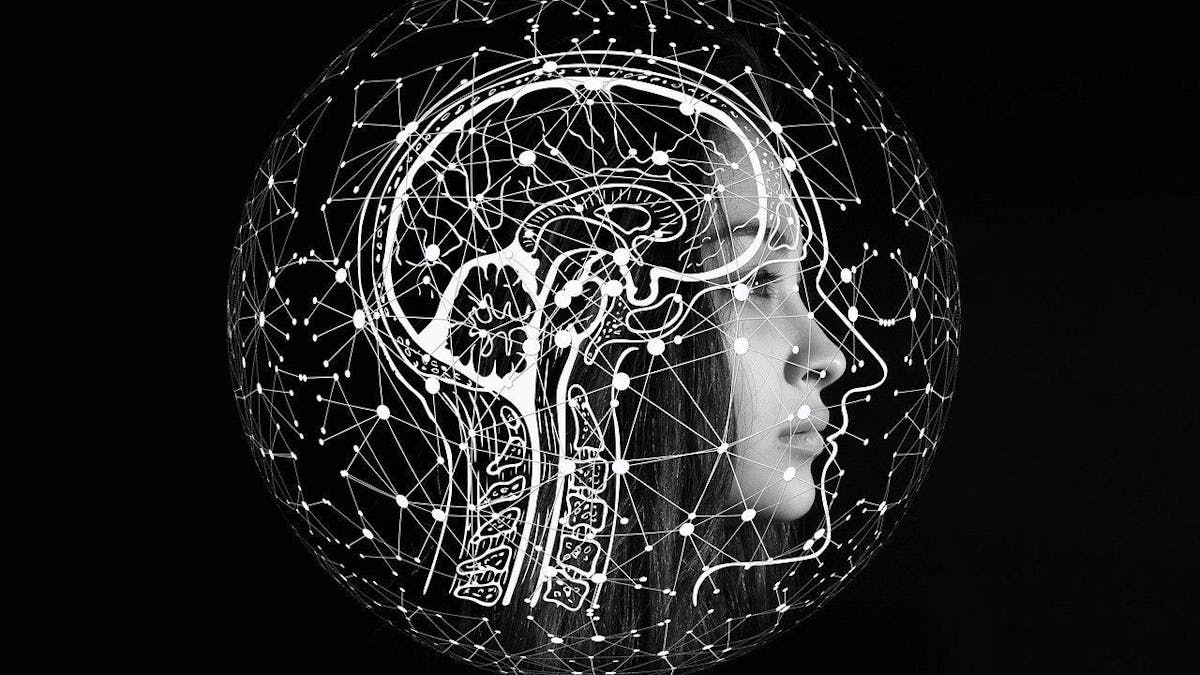The UN General Assembly on Tuesday created a group of scientific experts on artificial intelligence (AI) which will be responsible for helping the international community make informed decisions on this sensitive subject, as the IPCC does for the climate.
Concerned about the rapid development of revolutionary technologies which could threaten democracy and human rights, UN member states committed last September, in the “Pact for the Future”, to setting up such a group of experts in particular to inform international dialogue between governments and other sector players in this area.
Call for applications
In a resolution adopted Tuesday, the General Assembly formally established this “Independent International Scientific Panel on Artificial Intelligence” to provide “evidence-based scientific assessments that synthesize and analyze existing studies on the promise, risks, and impacts of artificial intelligence.”
Its annual summary report “will serve to inform decision-making, without however being prescriptive,” specifies the text. Mandated by the Assembly, UN Secretary-General Antonio Guterres, who hailed the creation of a “crucial bridge between cutting-edge AI research and policymaking,” will now launch a call for applications to identify the 40 future members of the group who will serve for a three-year term.
“Artificial intelligence is growing at a pace and scale that affects every country”
“By providing rigorous and independent scientific assessments, (the group) will help the international community anticipate emerging challenges and make informed decisions on how to govern this transformative technology,” said the spokesperson for the secretary-general, Stéphane Dujarric.
The resolution adopted Tuesday also sets up an annual global dialogue on the governance of artificial intelligence to “share best practices and lessons learned” on the themes of “safe, secure, and trustworthy” AI systems, their social or economic impact, or even their “strict control” by humans.
The first dialogue will take place on the sidelines of the global AI summit in Geneva in 2026. “Artificial intelligence is developing at a pace and on a scale that affects all countries,” commented Costa Rican Ambassador Maritza Chan Valverde, who oversaw the negotiations with her Spanish counterpart. “With this resolution, the United Nations reaffirms its central role in ensuring that AI will serve humanity,” she insisted.

